
Casa Julfa Presents….
Re Jin Lee - Ancestral Ceramics: Dal-hang-ari (Korean Moon Jars)
SPRING 2026 | Thurs April 30th - Tues March 5th May 2026
Participation fees: €1995 per person (private room and bathroom) Trip is limited to 4 people
This special trip led by Re Jin Lee draws together traditional pottery, nature and a slower way of doing things against the backdrop of Casa Julfa and the idyllic town & countryside that surrounds it.
Join us on a journey …
….through traditional & ancestral ways of working with clay, informed by nature's cycles;
In a place where people and the environment came to an understanding long ago.
Suitable for all levels


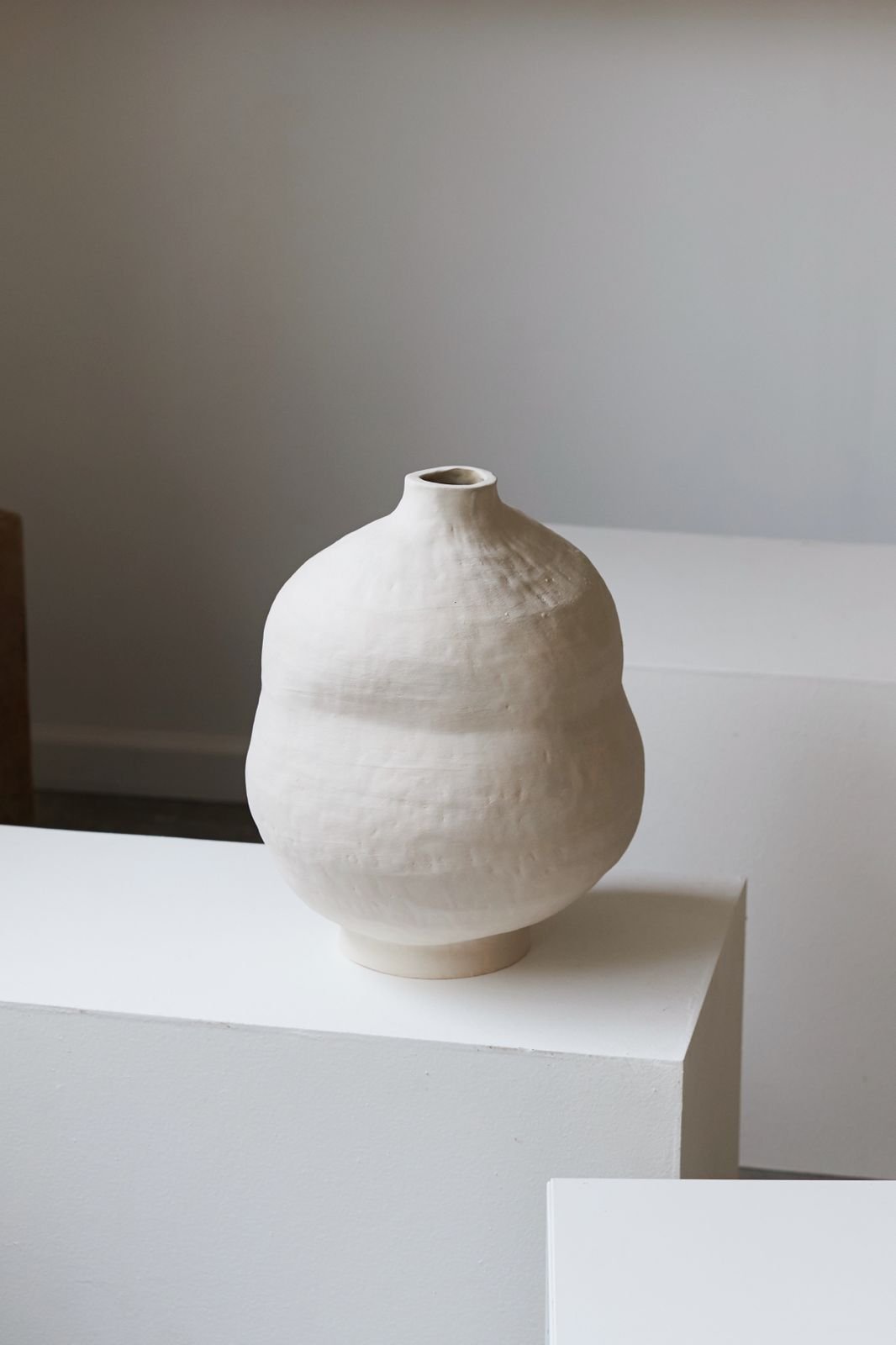

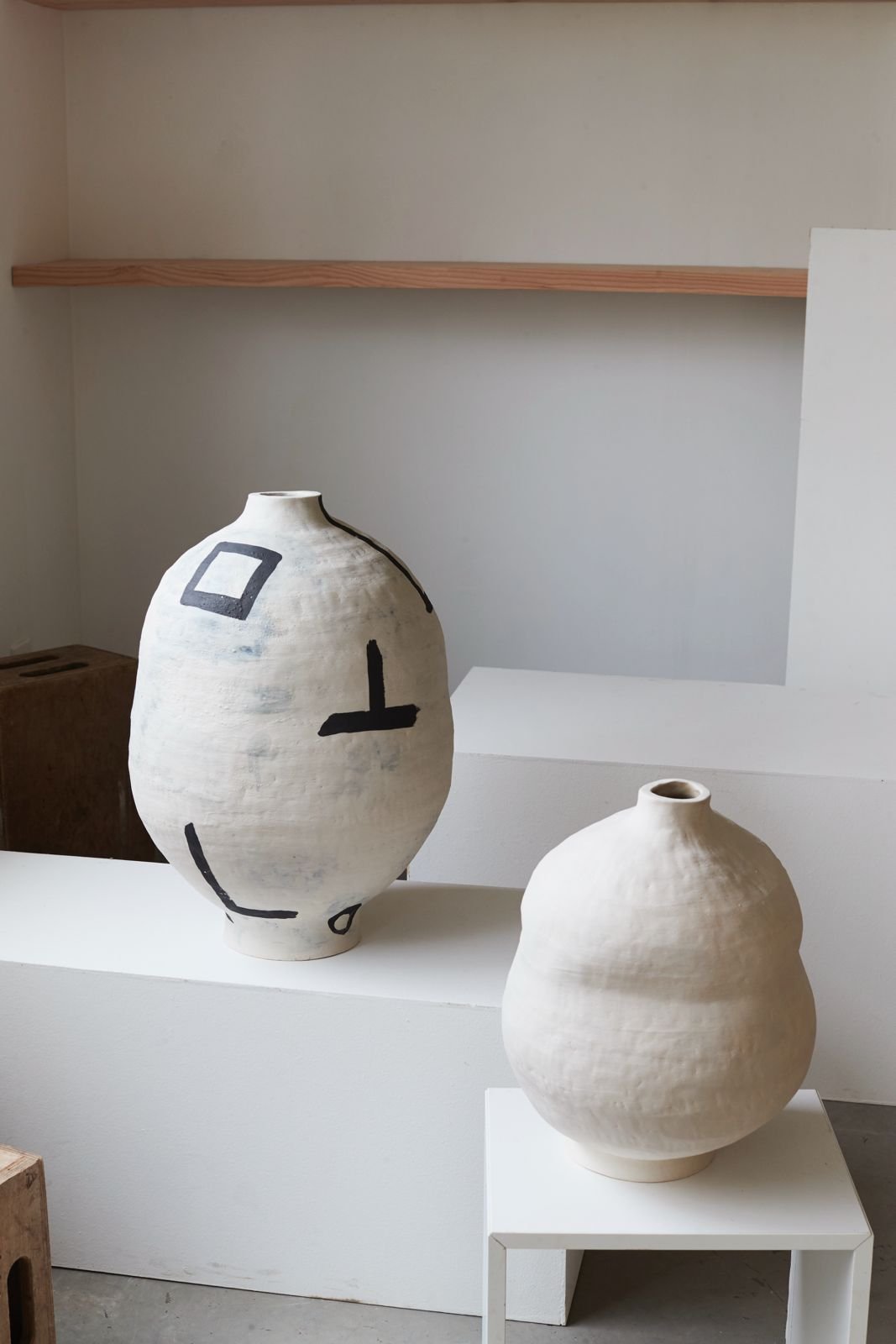

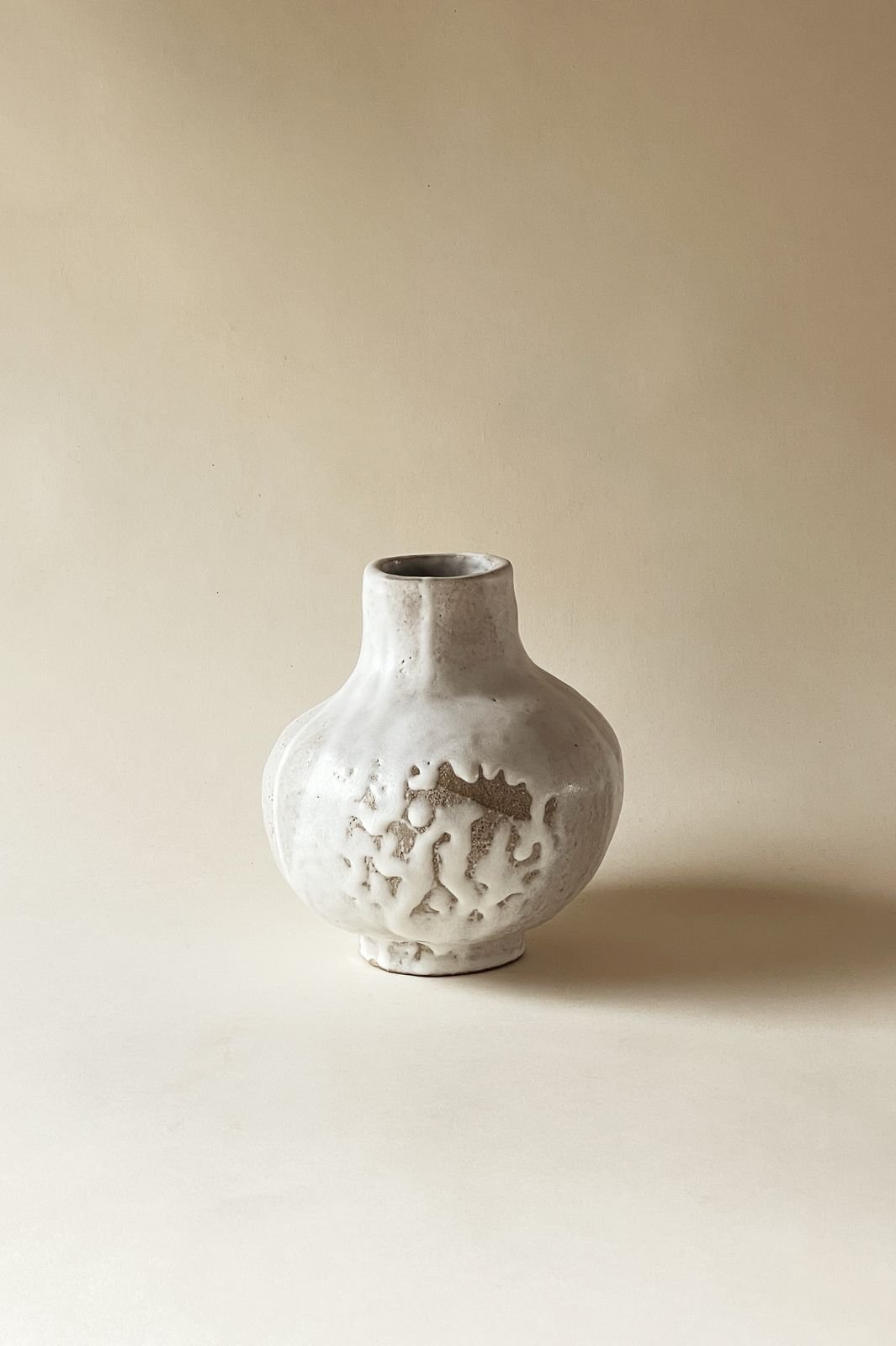
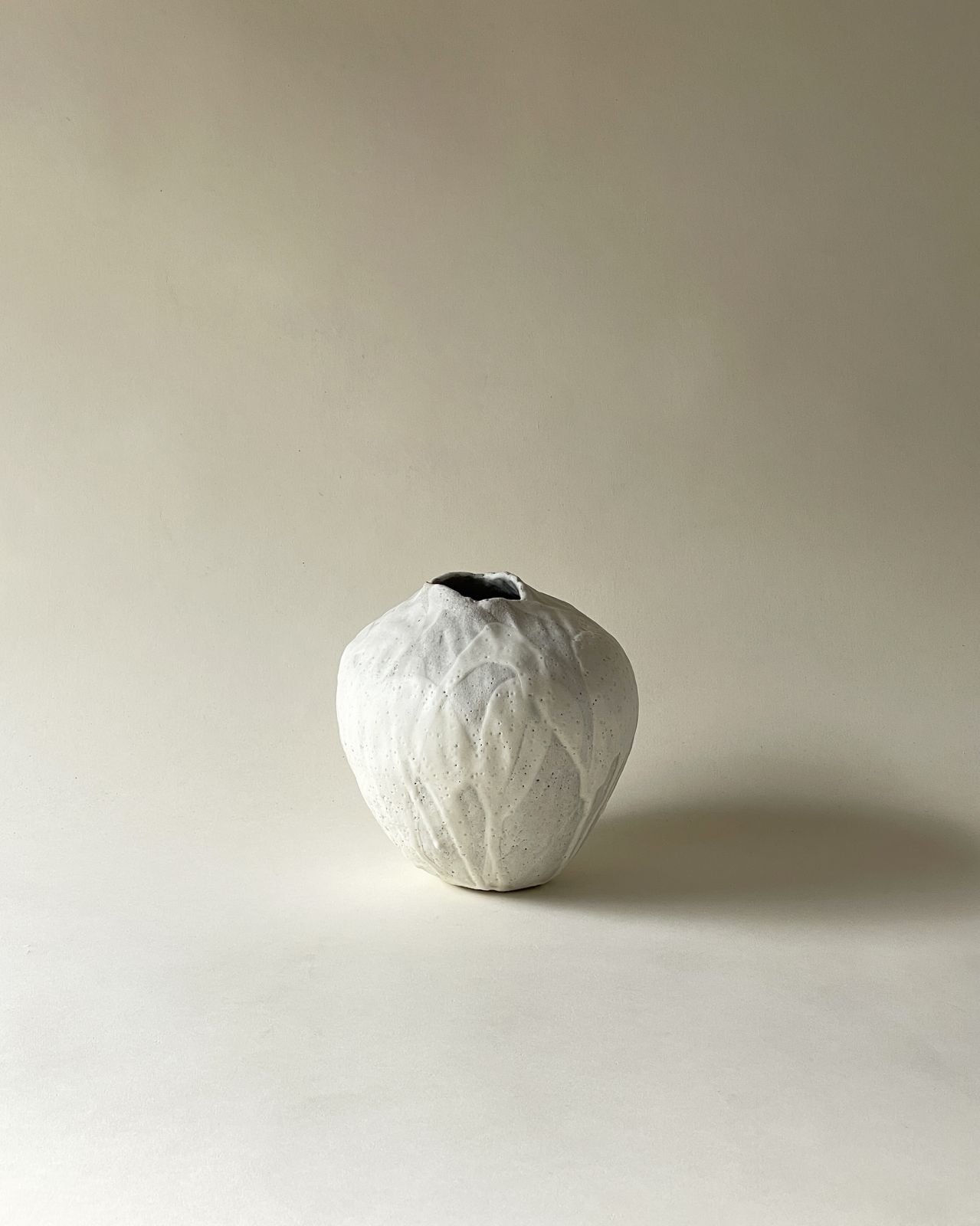
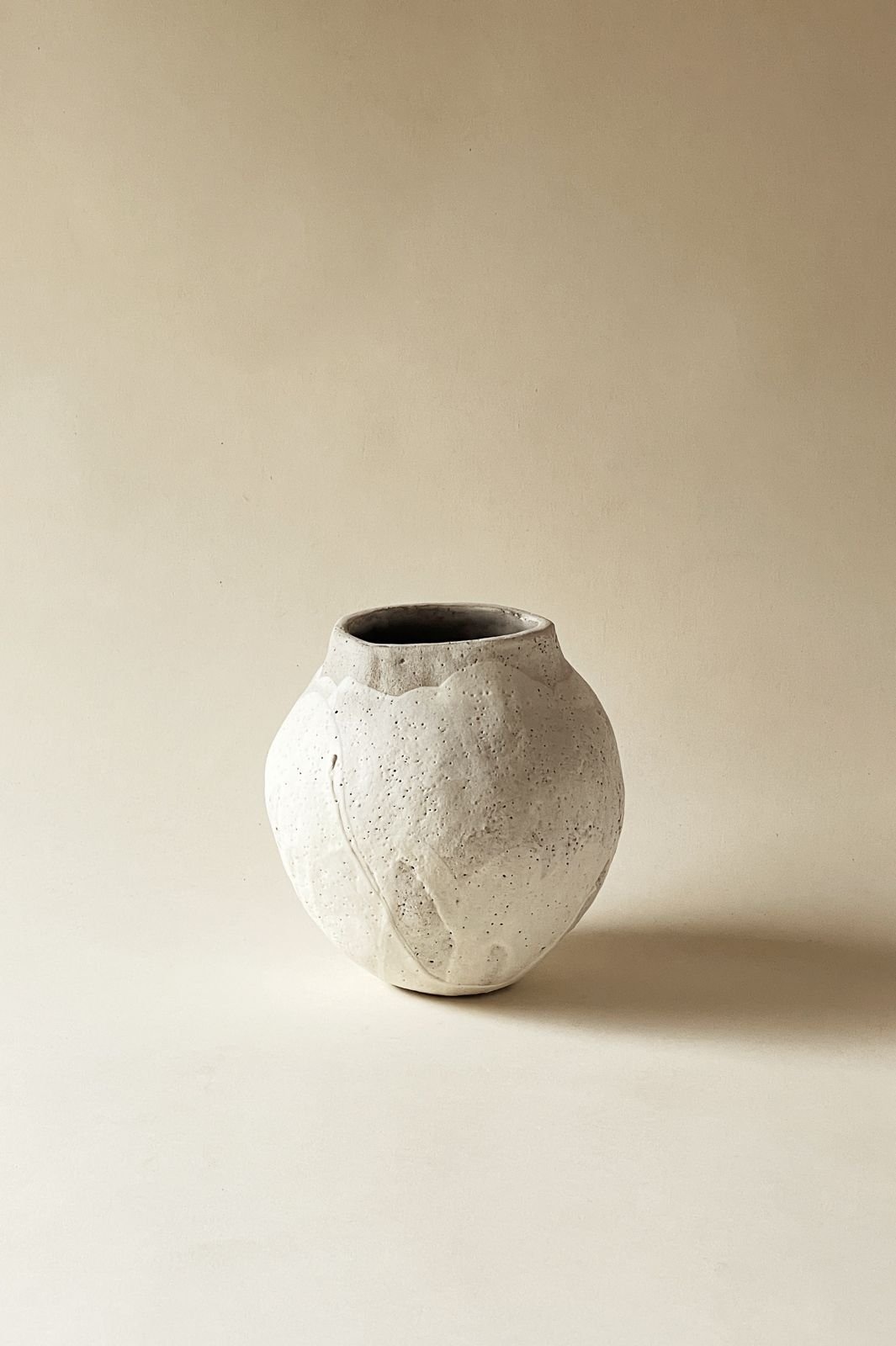





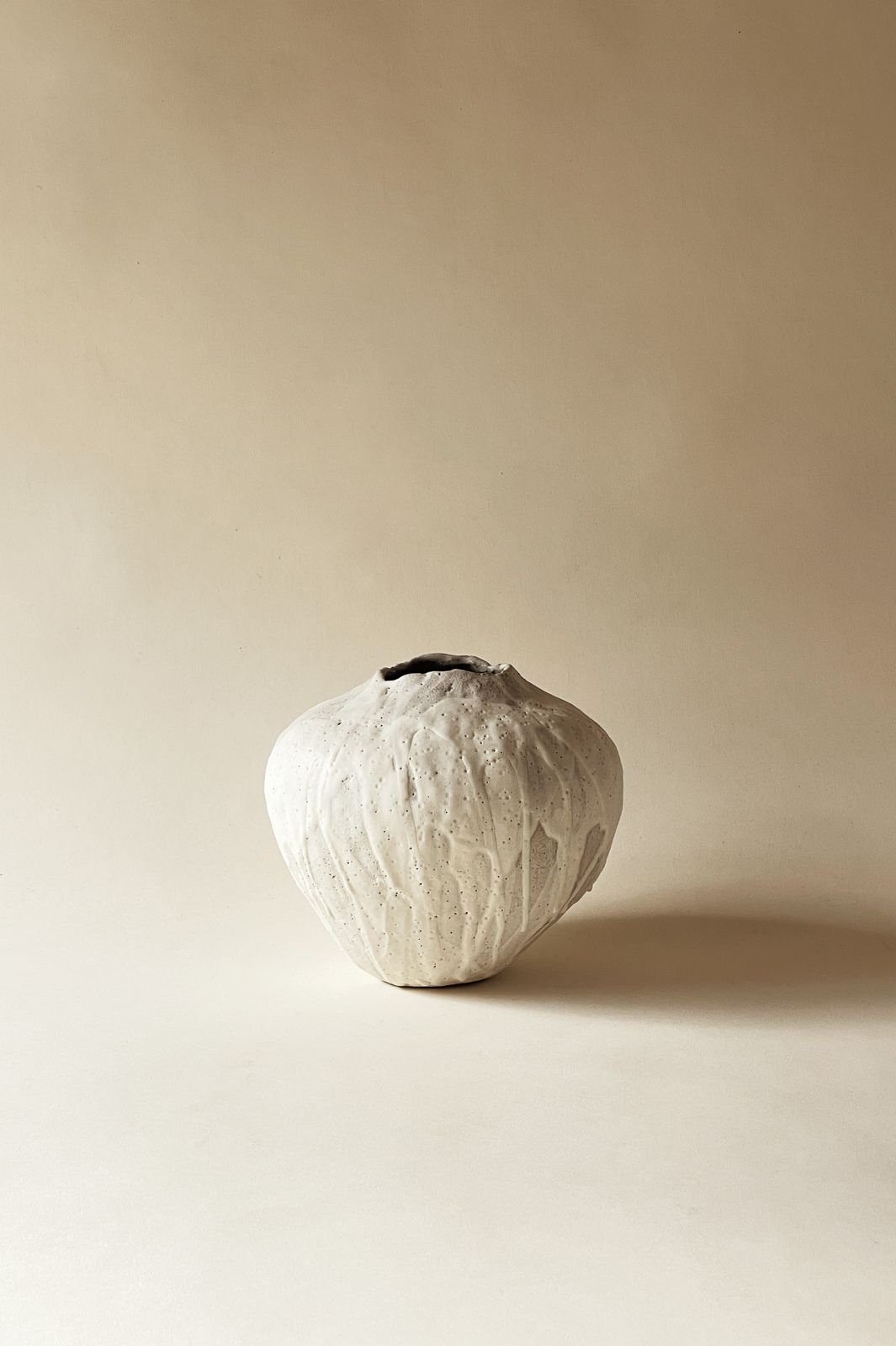
If you have been seeking time and space that will allow you to both rest and grow, to cultivate your creativity in a way that is more sustainable and aligned with your beliefs…
This experience is for you.
During this trip you will …
Learn the fundamental techniques of making Dal-hang-ari (moon Jars) with your hands and simple tools
Forage and process our local wild clay to make small, personalised trinkets and totemic objects.
Watch the magic that unfolds when we take the pieces out of the kiln when they are red hot and they undergo transformation.
Participate in the process of a traditional wood firing and working with naked Raku techniques like Obvara and horse-hair decoration.
Gain greater understanding of the physical and elemental process of firing usually masked by modern kilns and ceramic processes.
Share delicious and nourishing local food, shared with like-minded people we are sure will become dear friends.
Itinerary
-
Arrivals and welcome. Get ready to sink into a slower pace at the beautiful backdrop that is Casa Julfa invites inspiration and reflection. Arrivals anytime from Midday, but guests must arrive by 18:00.
-
After orientating round the town and enjoying some centering activities led Re Jin, we will begin to create Dal-hang-arr from the historic Limoges clay.
-
An early morning start for a day dedicated to completing your moon jar and developing your creativity in the iconic Casa Julfa studios. Once we wrap-up for the afternoon we will have a visit to nearby Brocante (antiques store)
-
We will venture into nature in search of wild clay to harvest and prepare, and begin to create small pieces that, from start to finish, only your own hands have touched. In the afternoon we will go through the process of firing tomorrow and discuss the possible decoration techniques.
-
We will prepare your pieces to be fired as potters have for millennia, using ancestral wood-firing techniques handed down to Corinne through her Armenian kin. The firing will take place at a nearby lake/Nature reserve where we share a picnic-feast of delicious local produce and watch our pieces transform before our eyes .
-
Departures. Please arrange your departure time between 9:00am - 11:00 am from Montmorillon.

“Casa Julfa is the perfect place to reflect, learn and transform. I could retreat and rest or participate whenever I needed. The setting is so beautiful, like going back in time… I learnt so much, I know i’ll always be very glad I got to experience the magic and pure peacefulness and ease of this stay ”
Alex Nowicki (Nottingham, UK) - Retreat Participant Autumn 2023
More about your hosts …
Re Jin & Casa Julfa founder Corinne Aivazian met as part of a Terra Ancestral research and development in Mexico some years ago, where they instantly connected. They spent hours musing over the ways that clay had helped them reclaim their ancestry and make sense of their diasporadic identities.
-
A native of São Paulo, Brazil, and of South Korean heritage, Re Jin Pronounced: Re-jeen Lee - /ˈre.dʒɪŋ/ , /li:/ draws inspiration from the amalgamation of modern Brazilian architecture, such as the works of Oscar Niemeyer and Lina Bo Bardi, Portuguese colonial architecture, and traditional Korean arts. .
Re Jin Lee’s work is a unique assembly of individually rolled-out clay slabs and coils created by a 'hand and clay' collaboration inspired by the contemplative process of ceramics and belief in the power of simplicity.
She is also founder of Naiana Nami , a creative space that bridges traditional and modern artistic expressions, encouraging a return to hands-on artistry. We aim to deepen appreciation for heritage, sustainability, and the positive impact of creativity.
-
“As well as being aesthetically pleasing, the moon jar sheds light on Korean identity. They were first made during the Joseon Dynasty (1392-1910). At that time, Korea followed the neo-Confucian belief system. Propagated by Chinese philosopher Confucius in the 6th to 5th Century BCE, the meditative Confucian ideals of simplicity, humbleness, modesty, purity and austerity had spread beyond China to Korea, Japan and Vietnam.
By the 17th and 18th Centuries, rather than perfection, naturalism and spontaneity were the preferred aesthetic. By then, it was about "the ability to accept the imperfections of nature, and appreciate the beauty in that, The moon jars epitomised this way of thinking. Because while they were minimal, they were not identical” Choi, Curator




